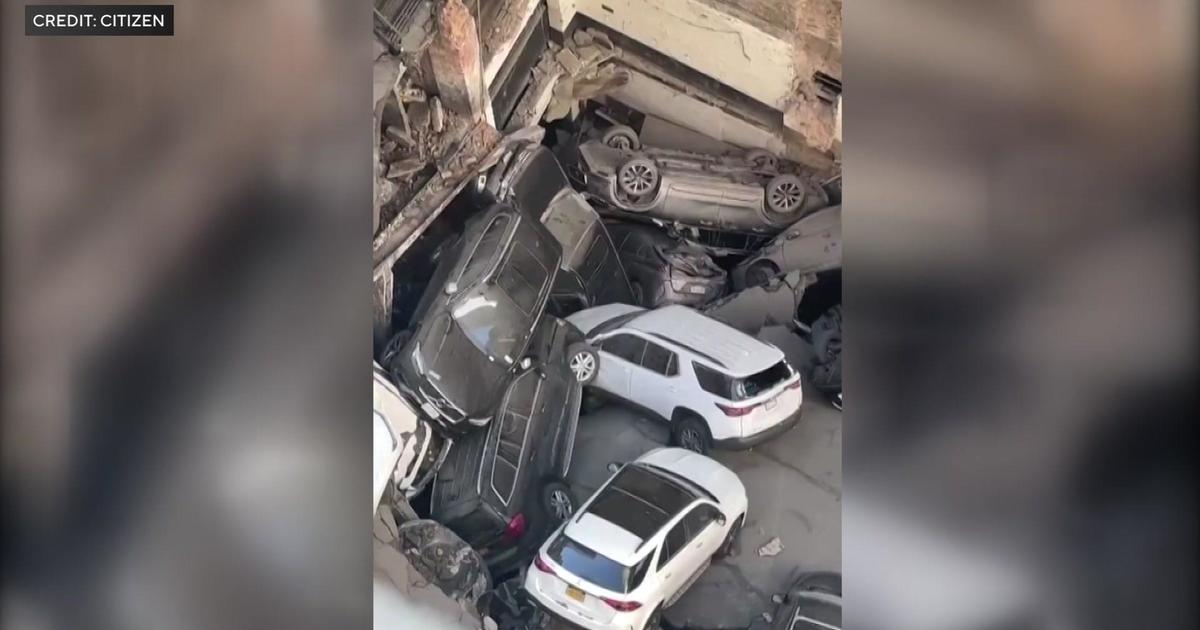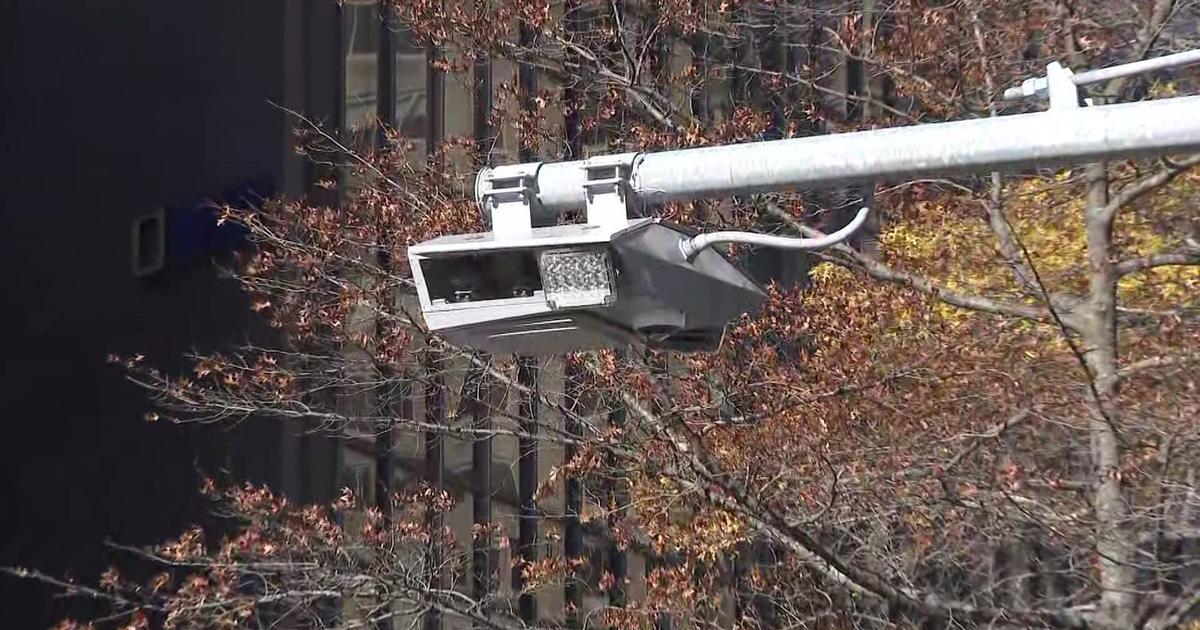NYC Firefighters Increase Role In Gas Leak Reports
NEW YORK (CBSNewYork/AP) -- The New York City Fire Department will now have a much greater role in responding to reports of possible gas leaks, according to an order made by Mayor Bill de Blasio in response to the March explosion that leveled two East Harlem buildings and killed eight people.
The mandate to increase the oversight of the Fire Department -- with hopes of dramatically improving response times to reports of leaks -- is at the centerpiece of a report released Wednesday. The plan also calls for more efficient repairs to the city's aging infrastructure and improved communication about potentially deadly leaks among the city's agencies, independent utilities and the public.
NYC Firefighters Increase Role In Gas Leak Reports
"Mayor de Blasio is committed to improving New York City's infrastructure,'' said City Hall spokesman Phil Walzak, "and making the critical investments and changes needed to protect the health and safety of New Yorkers, and maintain our city's competitive edge.''
EXTRA: Read The Report
Previously, residents who smelled gas were often told to call their gas utility or dial 311, the city's information hotline. The Fire Department, which possesses the most suitable manpower and equipment to conduct a quick evacuation or ventilation of the area, would only be notified if the leak met certain thresholds, such as a multitude of calls or other warning signs, like a flickering of lights.
NYC Firefighters Increase Role In Gas Leak Reports
Now, any calls to 311 reporting gas will be transferred to the 911 emergency line, automatically triggering a Fire Department response. The city also will mount a public awareness campaign urging residents to call 911 -- and not just their utility -- if they smell gas. Additionally, Con Edison, which manages most of Manhattan's gas lines, may alter its procedures to notify the Fire Department of every reported leak.
"If you smell gas, that's an emergency, so call 911," Con Ed spokesman Michael Clendenin told WCBS 880's Peter Haskell. "All these efforts have been geared toward what we could do to make the public safer."
The change will increase the Fire Department's workload, but fire officials believe it can be handled, according to the report. The department's current response time to nonfire emergencies, which include gas leaks, is less than eight minutes. The average time it takes for a Con Edison crew to reach a reported gas leak is 22 minutes.
NYC Firefighters Increase Role In Gas Leak Reports
The firefighters' union said it is crucial that firefighters be called to respond to gas leaks.
"A gas leak is an emergency situation that requires an FDNY response. Although the FDNY is on-target to respond to more emergencies this year than ever before, it is critical that firefighters respond to any credible reports of a gas leak," Uniformed Firefighters Association of Greater New York president Steve Cassidy said in a statement. "The March explosion in East Harlem shows just how deadly and destructive a gas leak can be. New York City Firefighters have always been on the front line of safety and will continue to answer the call as we have always done."
Con Edison officials said they received only one call reporting gas on the morning of March 12, about 20 minutes before the East Harlem explosion. Several building residents said they made other complaints about the odor, but those calls could not be located by city investigators.
The Fire Department was never notified of the gas leak in the Park Avenue building. Investigators believe a leaky pipe led to the massive explosion that has left many people homeless three months later.
The gas pipe that led to the explosion was 127 years old, an age not unusual in the city, prompting de Blasio to warn of New York's aging infrastructure. The report commissions a study of whether additional capital investment is needed to speed up the process of replacing the city's underground network of water, gas and electric lines.
Deputy Mayor Tony Shorris noted that 60 percent of Con Ed's gas mains and nearly half of National Grid's mains are made of unprotected steel or cast iron, which are more prone to leaks that newer forms of pipes, WCBS 880's Rich Lamb reported.
The plan also urges city agencies and utilities to better coordinate repairs to save time and the cost of digging up busy streets. For example, if a street is excavated to replace an aging water line, the nearby gas line may be replaced, too.
You May Also Be Interested In These Stories:
(TM and © Copyright 2014 CBS Radio Inc. and its relevant subsidiaries. CBS RADIO and EYE Logo TM and Copyright 2014 CBS Broadcasting Inc. Used under license. All Rights Reserved. This material may not be published, broadcast, rewritten, or redistributed. The Associated Press contributed to this report.)



